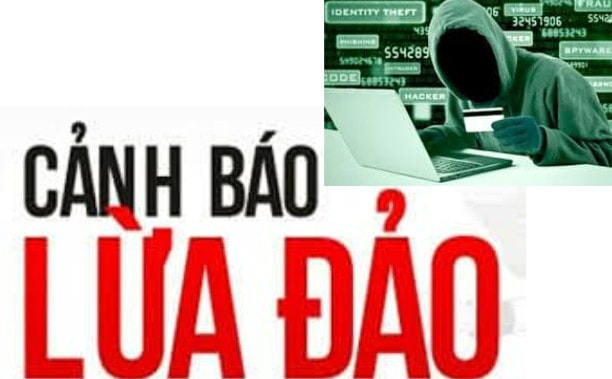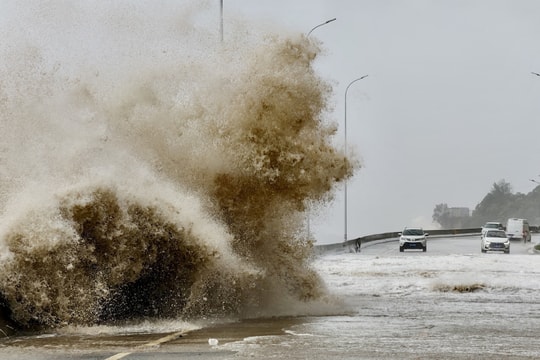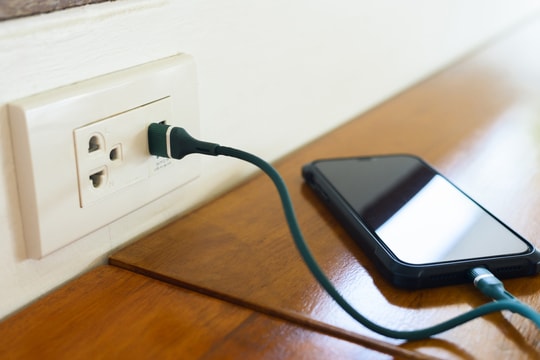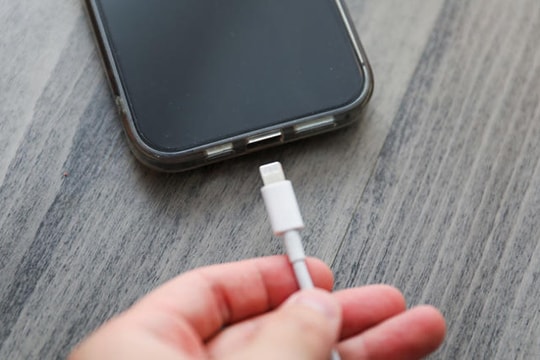Warning of fake online shopping links for fraud
Taking advantage of the increasing demand for online shopping, some bad elements have impersonated brands and supermarkets to send links to trick people into entering their personal Facebook names and passwords.
On June 27, the Department of Information and Communications of Ho Chi Minh City informedwarningPassword scams on online shopping sites during COVID-19 pandemic, people are advised to be vigilant.
Accordingly, taking advantage of the increased demand for online shopping, some bad elements have impersonated brands and supermarkets to send links to trick people into entering their personal Facebook names and passwords. In particular, some pages encourage people to provide their bank account information and passwords, then take advantage of them.
The common trick is to send promotional links, attractive gifts and ask people to enter their personal Facebook login information, or more dangerously, their personal bank account passwords, then the perpetrator proceeds to take over the victims' accounts.
 |
| People need to be vigilant and not provide personal information. |
For personal Facebook accounts, the perpetrator will send messages to the friends list to ask for money deposits, transfers, etc. For bank accounts, the perpetrator will transfer or withdraw money, etc. to appropriate. Although this trick is not new and has appeared a few years ago, due to the context of increased demand for online shopping, there are still people who are not vigilant and are deceived.
According to a representative of Saigon Co.op, the company's supermarkets and brands do not require customers to provide personal information that needs to be kept confidential, such as Facebook passwords, bank passwords, etc., when shopping online.
To ensure customer safety, supermarkets often only need to leave contact information, mainly mobile phone number and address, to proactively call customers back to confirm orders and delivery times.
For personal information such as bank passwords, social network account passwords are extremely important and each individual needs to keep it highly confidential, not arbitrarily providing it to strange websites and links of unknown origin. Just a small mistake, personal accounts will be taken over by bad guys, impersonated to carry out many bad tricks to scam and bring many big consequences.
In case of losing a social network account, the victim should send a text message to friends on the list, or ask friends to post a warning widely. If the bank account password is revealed, the victim should immediately change the password or contact the bank to lock the account to limit the risk.








